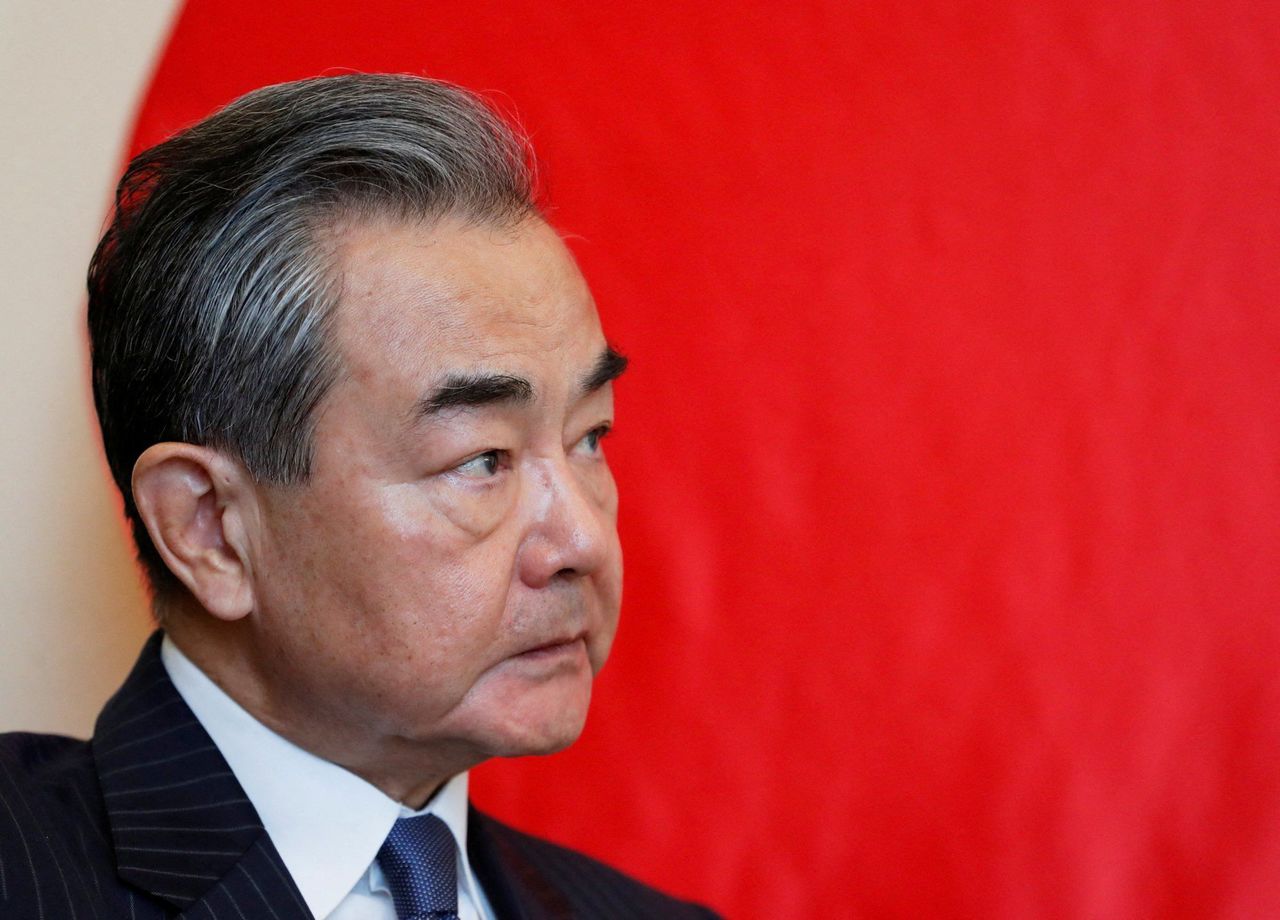Hong Kong News

Why Biden’s surprise Ukraine visit adds to turmoil for China and Hong Kong stocks
The drawn out conflict in Ukraine is adding an extra layer of hindrance for Chinese stocks, whose reopening trades are already showing signs of fatigue, analysts said.
The war, which started with Russia’s invasion of its neighbour on February 24 last year and roiled global financial markets at its outbreak, is showing no signs of ending any time soon.
China’s close ties with Russia, which has attracted a flurry of sanctions from the United States and European Union, have already increased the geopolitical risks Chinese stocks face. But a surprise visit to Kyiv by US President Joe Biden – who pledged “unwavering” support to Ukraine – means the war looks set to drag on.
The timing could not be worse for China and Hong Kong stocks, which have been enduring pullbacks amid jitters about the strength of China’s economic recovery from the coronavirus pandemic. The Hang Seng Index in Hong Kong has fallen more than 8 per cent from a high in January, while the Shanghai Composite Index of onshore shares has retreated by almost 2 per cent.
“It’s an additional headwind for stocks – both from the political and economic perspectives,” said Dai Ming, a fund manager at Huichen Asset Management in Shanghai. “We hope that Russia and Ukraine can return to the negotiating table and end the war as soon as possible.”
China has largely taken a neutral stance on the conflict, opposing military action while defending some of the reasons for Russia’s invasion, such as the expansion of Nato. Washington is on high alert about any lethal aid Beijing might provide to Moscow after White House officials were warned that China was considering doing so. At the Munich Security Conference last week, Ukraine urged more supply of weapons and ammunition to combat Russian forces, while Germany called on other nations to speed up the delivery of tanks to Ukraine.
“The recent flare-up in the Russia-Ukraine conflict and hype around the [spy] balloon incident have added to uncertainties around China-US ties,” said Tan Qian, an analyst at China Fortune Securities. “That has dampened investors’ risk appetite.”
Meanwhile, a protracted war jeopardises the global fight against inflation by snarling commodity supplies, which could lead to policy tightening in the US and capital flight from emerging markets such as China.
The conflict in Ukraine is the biggest military flare-up in Europe since World War II, killing tens of thousands of people and displacing a third of Ukraine’s 41 million population. It has also led to a contraction in Russia’s economy – it shrank 2.1 per cent last year – and prompted global sell-offs in assets linked to the country. Shares of Hong Kong-listed Rusal, Russia’s biggest aluminium maker, for instance, have slumped by about 40 per cent over the past year.
And while Russia’s US$1.8 trillion economy is only about one-eighth of the US’s and a tenth of China’s, it dominates global commodity markets. Russia has the world’s biggest proven natural gas reserves and was the biggest oil exporter in 2021, according to Sealand Securities. It is also a leading producer of wheat and potash.
The best strategy for sheltering from the war is to own commodities that are skewed towards the upside, said Amundi Asset Management, Europe’s biggest money manager.
“In this complicated environment, commodities can be appealing,” it said in a report on Tuesday. “The impact on equities has varied across sectors and companies. This reinforces the case for bottom-up stock picking.
 Wang Yi, China’s state councillor and former foreign minister, will
visit Moscow this week, raising some hope that China will do more to end
the conflict.
Wang Yi, China’s state councillor and former foreign minister, will
visit Moscow this week, raising some hope that China will do more to end
the conflict.
Emerging markets and low-income countries will bear the brunt of accelerating inflation, because the energy and food sectors have higher compositions in consumer-price indexes, Amundi said. That would lead to further financial tightening and dim the growth outlook at a time when the US Federal Reserve will probably shift back to raising interest rates more aggressively because of untamed inflation in the US.
Wang Yi, China’s state councillor and former foreign minister, will visit Moscow this week to meet Russian President Vladimir Putin, raising some hope that China will do more to end the conflict.
One way for Chinese investors to navigate the conflict is to buy defence stocks, as growing global uncertainties will prompt Beijing into spending more on defence, according to CSC Financial. It recommends Shanghai-listed Avic Shenyang Aircraft and Avic Heavy Machinery.
“It’s a good time to add this exposure on the assumption that a global arms race will intensify,” said Li Taoyang, a Beijing-based analyst at the brokerage.
“An increase in China’s national defence budget might be accelerated.”











